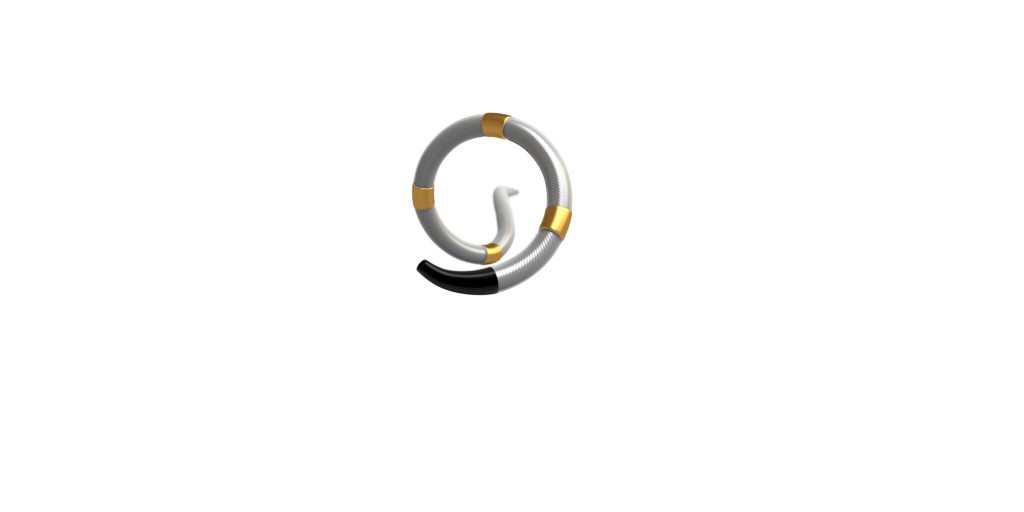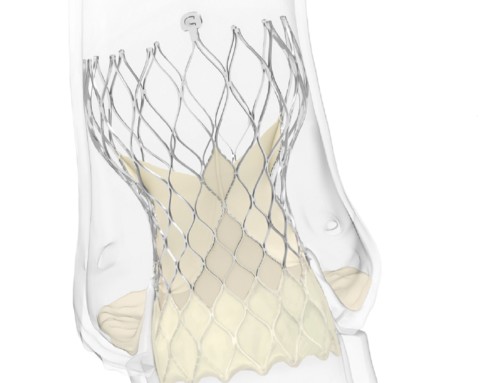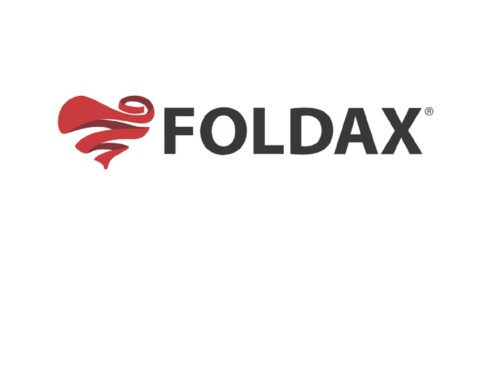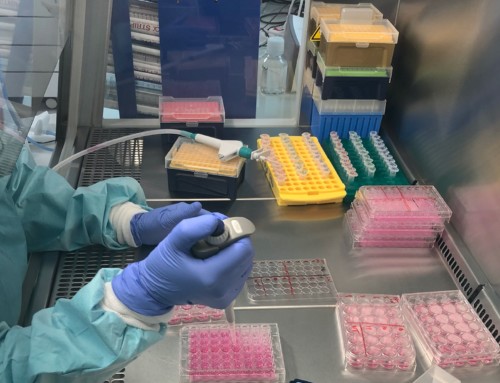
Symplicity Spyral
Data published in the Lancet—and simultaneously presented at the American College of Cardiology together with World Congress of Cardiology Scientific Sessions (ACC.20/WCC) virtual meeting (28–30 March, Central Time)—provide further evidence that renal denervation with the Symplicity Spyral (Medtronic) catheter is an effective approach for lowering blood pressure in patients who are not taking antihypertensive medications. These data build on previous proof-of-concept studies that found renal denervation to be effective both in the presence of and in the absence of antihypertensive medication.
In the Lancet, Michael Böhm (Klinik für Innere Medizin III, Universitätsklinikum des Saarlandes, Saarland University, Homburg, Germany) and colleagues reiterate the history of Medtronic’s renal denervation systems; that the Symplicity HTN-3 trial did not find a significant difference between renal denervation with the single-electrode Symplicity catheter and a sham procedure but that this apparent lack of benefit may have related to “variations in procedural methods as well as changes in medication use after randomisation”. They add that, since then, smaller sham-controlled trials have been performed to address these concerns and have provided “proof-of-concept” for catheter-based renal denervation. The aim of the SPYRAL HTN-OFF MED (SPYRAL Pivotal) trial, therefore, to was provide further evidence for the safety and efficacy of renal denervation in the absence of medication.
In the study, patients aged 20–80 years with hypertension (office systolic from 150mmg to <180mmHg; office diastolic ≥90mmHg; and mean 24-hour systolic blood pressure from ≤140mmHg to <170mmHg) were randomised to undergo renal denervation with the multielectrode Symplicity Spyral system (166) or a sham procedure (165). However, prior to randomisation, patients were required to discontinue taking any antihypertensive medications that they may have been on. The primary efficacy endpoint was the change in mean 24-hour systolic blood pressure from baseline to three months after the procedure. The primary safety endpoint assessed, up to three months, all-cause mortality and end-stage renal disease among other adverse events.
Böhm et al report: “For the primary efficacy endpoint of changes from baseline in 24-hour systolic blood pressure at three months, there was a significant difference between the renal denervation and sham procedure groups. This endpoint was met with a posterior probability of superiority greater than 0·999 and a treatment difference of –3·9 mm Hg (95% BCI –6·2 to –1·6).” Additionally, there were no adverse events reported in either group at one month and one major safety event was reported in each group at three months.
The authors comment the SPYRAL Pivotal trial is, to the best of their knowledge, “the largest randomised trial to show the superiority of catheter-based renal denervation, compared with a sham procedure, to lower blood pressure in the absence of antihypertensive medications”. They add that the findings “contribute further to the already established safety profile of catheter-based renal denervation”.
Böhm et al say that they will continue to assess the long-term efficacy and safety of the Symplicity Spyral system for up to three years and that future subgroup analyses will assess “whether any predictors of response to renal denervation can be identified”. Furthermore, they comment at a “complementary randomised trial in patients with uncontrolled hypertension despite antihypertensive medication is ongoing”.
About these findings, in a press statement, Dave Moeller (vice president and general manager of the Coronary and Renal Denervation business, which is part of the Cardiac and Vascular Group at Medtronic) says: “Medtronic is committed to the field of renal denervation and in addressing the unmet need in hypertension management globally, and we look forward to seeing more insights from our industry-leading SPYRAL HTN clinical programme as we realise the full potential of the therapy.”





